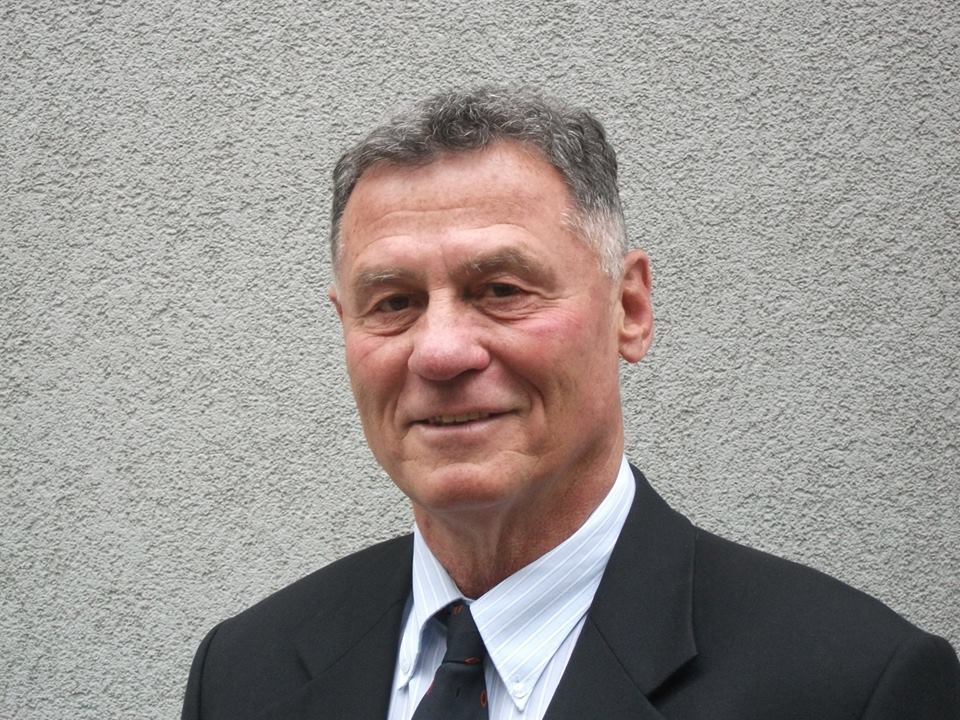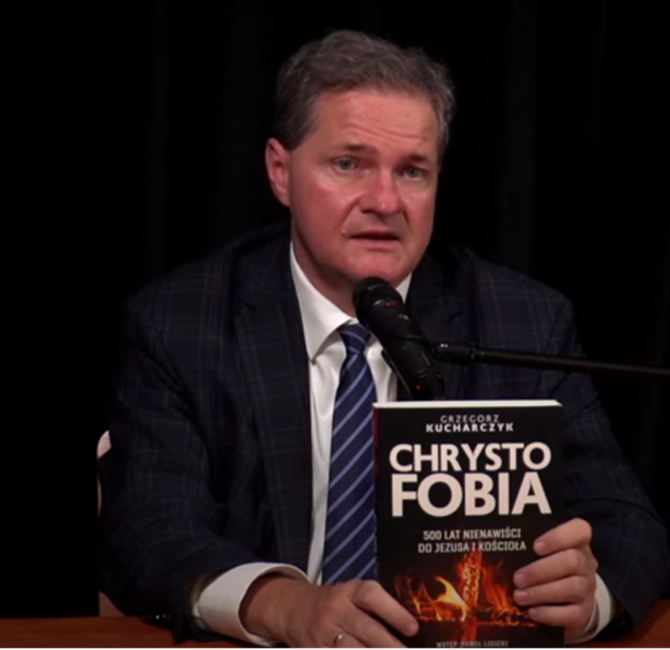Poland, Warsaw – Early April each year are the commemorations of the soviet’s crimes on Polish prisoners of war.
First days of April in Poland are regarded as a significant period during which the nation commemorates its martyrs from the Second World War and 2010’s plane crash victims with Polish president Lech Kaczyński at the helm. While public awareness of so-called ‘Smolensk catastrophe’ from 10th of April is quite high because of its topicality and political meaning, especially in Western countries issues related to Polish martyrdom from 1940 are being forgotten or perceived as no longer interesting.
In 1939 Poland was invaded: firstly by Nazi Germany and later that September by Soviet Union. Nearly a half of Poland found oneself under Soviet occupation and because of that tens of thousands of Polish military and police personnel fell into communists hands. By the end of 1939 all prisoners were transferred to camps located in today’s Russia, Belarus and Ukraine. Biggest prisoner camps were created near Smolensk, Kharkiv and Tver. On the fifth of March Joseph Stalin signed an order of execution of captured Poles, who were soldiers, police and prison officers and Catholic priests. From the 3rd to 5th Soviets began executions of prisoners from main camps including Smolensk, Kharkiv and Tver. In some places located in today’s Belarus and Ukraine, Soviet executions lasted even till May. As a result in this period 21 857 Poles were murdered with a shot in the neck.
Katyń forest was one of the places where that massacres took place and that is why today it constitutes a symbol which is still most recognizable while mentioning crimes of Soviet Union. It is also a place where mass graves of Polish officers were firstly discovered by Germans in 1943. Soviets claimed that missing Polish officers escaped to Manchuria shortly after September Campaign in 1939 and that discovered mass graves mentioned above were made by German Nazi propaganda.
Poles had to wait for revealing the truth for almost 50 years. In 1989 Polish government officially shifted the blame for the Katyń Massacre from the Germans to NKVD (Soviet secret police). In 1992 Russia government decided to release documents which prove full responsibility of Soviet Russia. In November 2010, the Russian State Duma approved a declaration blaming Stalin and other Soviet officials for having personally ordered the massacre. Each April Polish society commemorates victims from Katyń and other places of torment and martyrdom in various ways: from Holy Masses, marches and mass meetings all over the country, to International Motorcycle Katyń Rally organized by bikers for the fifteenth time this year.




